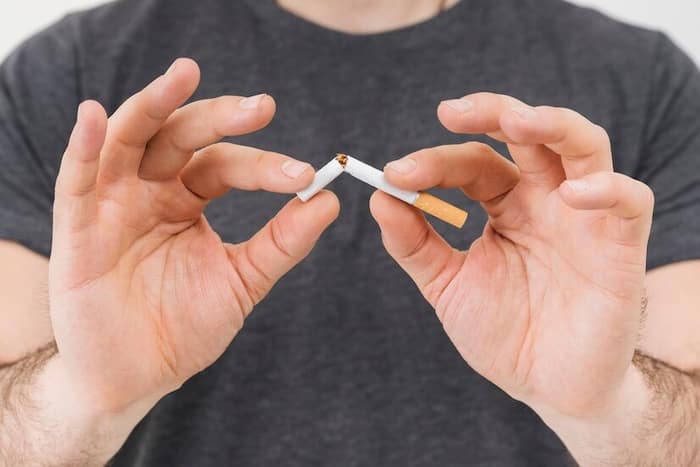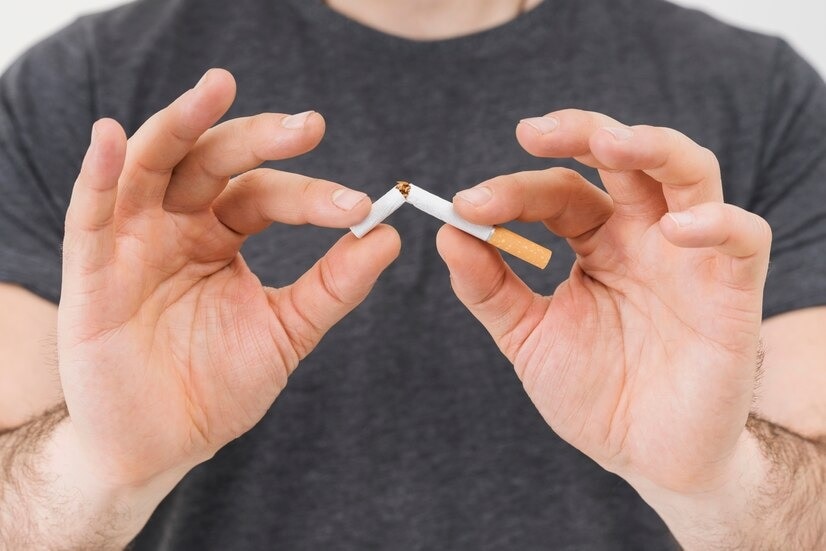By addressing these myths, we aim to raise awareness among people with accurate information about oral cancer risk factors, symptoms and prevention measures.

Oral cancer impacts areas of the mouth that include the tongue, inner cheek lining, upper or lower jaw bones, floor of the mouth (located beneath the tongue), and lips. The presence of ulcers or persistent wounds within the oral cavity, such as on the lips, cheeks, or jawbone, persistent white or red patches in the mouth that last for over two weeks, abnormalities like lumps and bumps on the tongue, jawbone, inability to open mouth, swelling in the jawbone and blood in the saliva can indicate symptoms of oral cancer.
Ravikumar Wategaonkar , Medical Oncologist, Onco-Life Cancer Centre, Satara spoke to India.com and shared, “It is essential to dispel myths surrounding oral cancer to foster understanding, support and empowerment among patients. Providing accurate information to every patient enables us to debunk misconceptions and adopt a more informed approach towards oral cancer prevention and care. The complexity of oral cancer often results in delays in diagnosis, refusal of treatment and unnecessary anxiety due to widespread information.”
Dispelling 4 Myths Related to Oral Cancer
Myth #1: Only one who smokes is susceptible to oral cancer
Fact: While nicotine and tobacco usage raise the risk of oral cancer, it is possible to develop the disease even without being a smoker. Drinking alcohol and smoking can also elevate the risk, along with human papillomavirus (HPV) contraction. Genetic factors may contribute to the development of the disease. So, one has to be alert when it comes to his/her health.
Myth #2: Oral cancer is not a matter of concern for youngsters
Fact: An increasing number of young people are being diagnosed with oral cancer, due to the link between certain sexually transmitted strains of human papillomavirus (HPV) and this type of cancer. Youngsters need to stay vigilant and adopt preventive measures for battling oral cancer.
Myth #3: It is impossible to prevent oral cancer
Fact: Taking steps like quitting smoking, and alcohol, and incorporating vegetables into your diet can reduce the risk of oral cancer. Practicing safe sex can lower the chances of contracting HPV strains associated with this cancer.
Myth #4: Oral cancer comes with noticeable symptoms
Fact: Oral cancer can sometimes develop without causing any visible signs or symptoms until it reaches an advanced stage. Regular dental check-ups and screenings are essential in detecting early signs of oral cancer for saving and improving the lives of people. One must be aware of these myths and seek accurate information about the risk factors and preventive measures for oral cancer.

